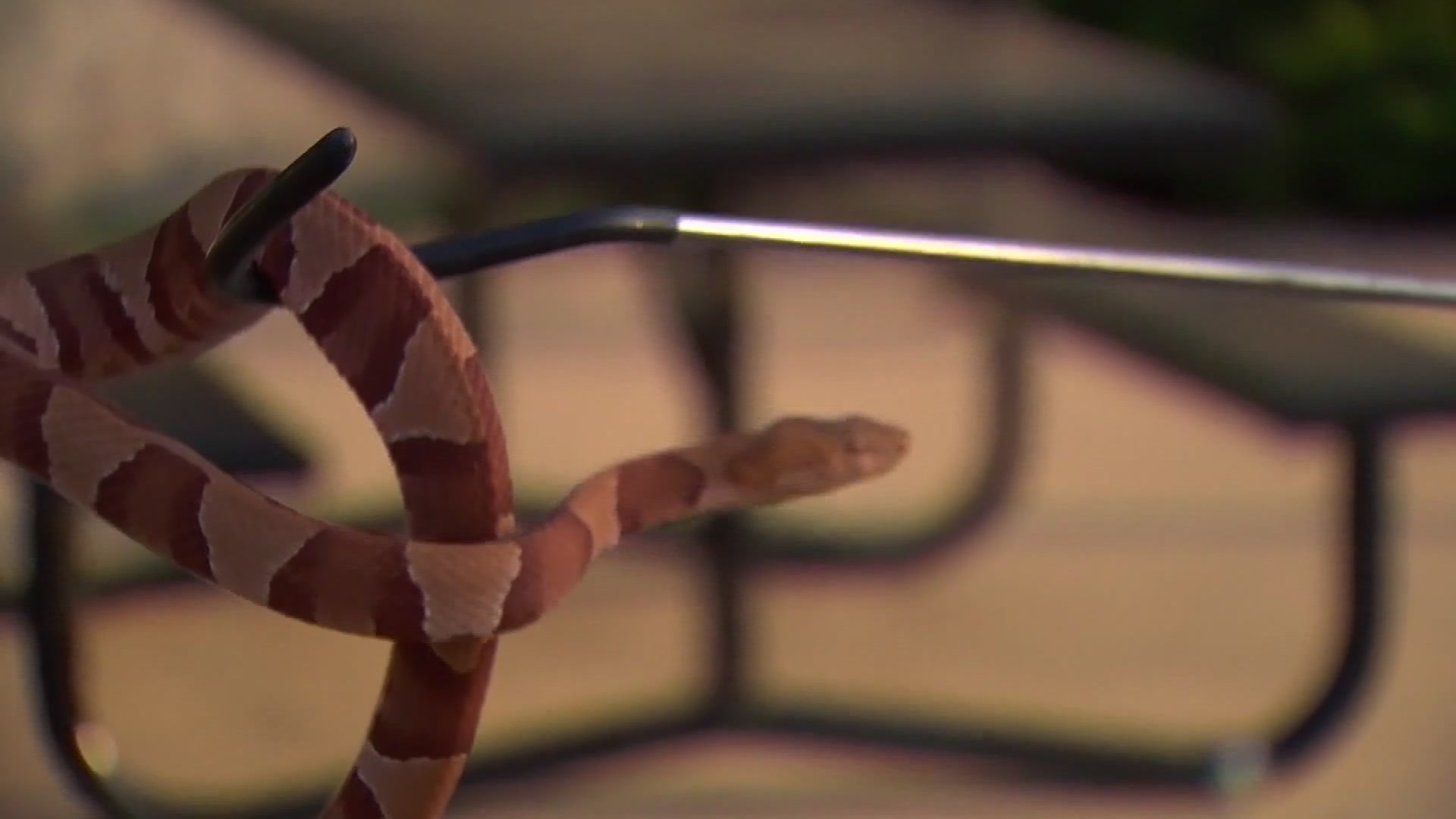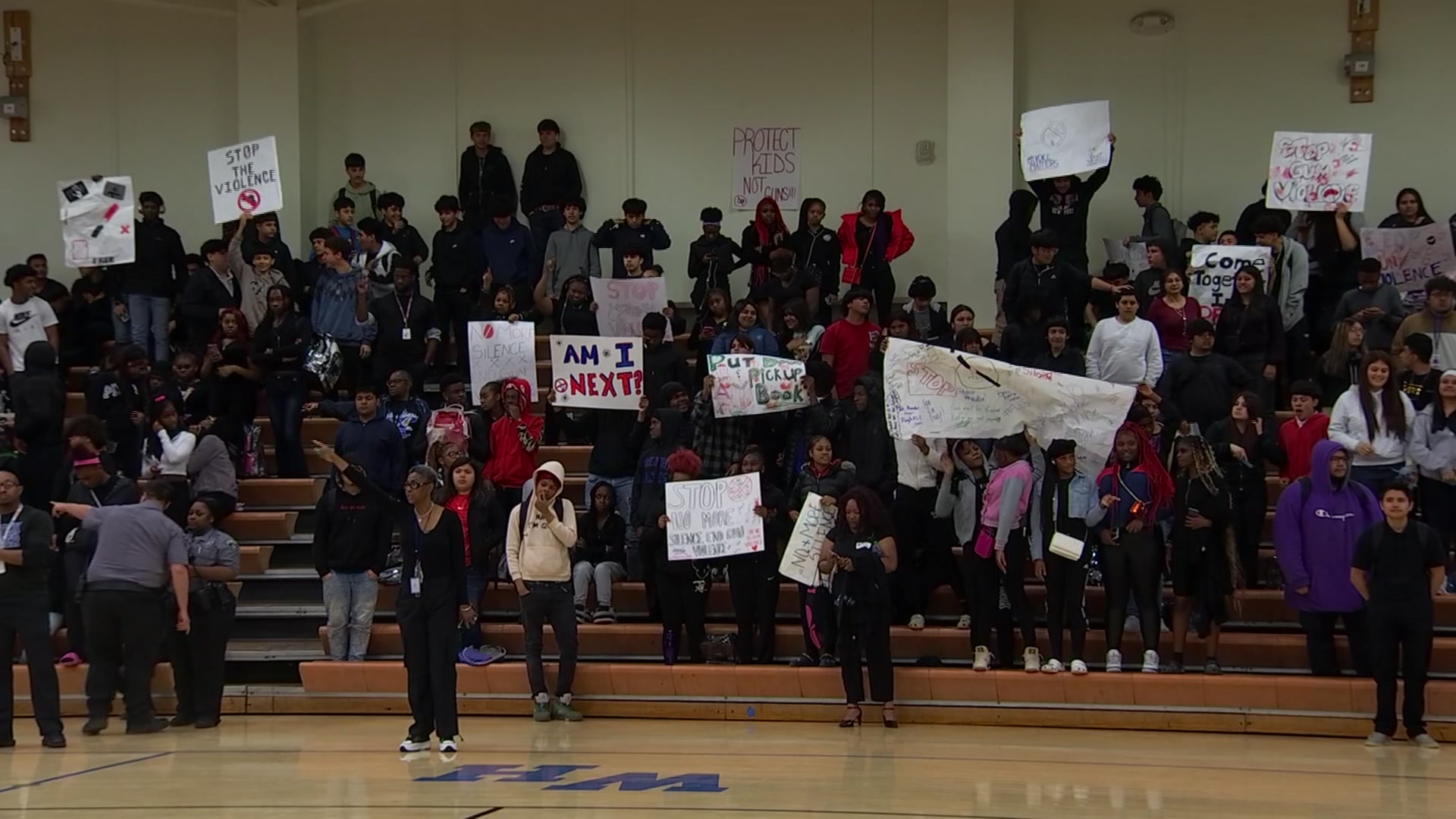Gov. Rick Perry can pardon a man wrongly convicted of rape who died in prison nearly a decade before he was cleared of the crime, the Texas attorney general said Thursday.
Attorney General Greg Abbott overturned a 45-year-old opinion that Perry had relied on in declining to issue a posthumous pardon for Tim Cole, an Army veteran who died in prison in 1999 at age 39.
Cole, convicted of the 1985 rape of a Texas Tech University student in Lubbock, was exonerated by a 2008 DNA test. He died from complications of asthma, maintaining his innocence to the end.
His mother, Ruby Session of Fort Worth, said she would bring flowers to his grave site and tell her son of the development -- although "he probably knew before the rest of us."
"In many of his writings to us, Tim said he wanted exoneration, vindication and a pardon from the governor," Session said. "We wanted to get what he didn't get in life. Tim wanted it, and we wanted it for him."
Perry had promised the family at a meeting last year in which he embraced Session that he would do what he could to help clear her son's name. He said in a statement Thursday that he plans to issue the pardon.
"I have spoken with Tim Cole's mother about this good news, which finally gives his family the opportunity to officially clear his name," Perry said. "I hope the Board of Pardons and Paroles will act swiftly in sending a recommendation to my desk so that justice can finally be served."
Local
The latest news from around North Texas.
The Innocence Project of Texas will submit a formal pardon request to the Board of Pardons and Paroles, which will make a recommendation to Perry.
"He wasn't here to see it," Cory Session said of his brother. "But I know he knows it's coming."
Last year, the governor signed into law the Tim Cole Act, which made Texas the most generous state in the nation in compensating the wrongly convicted. Texas went from paying the wrongly convicted $50,000 for each year of incarceration to $80,000 per year, plus a lifetime $80,000 annuity that varies based on life expectancy and other factors.
Cole's family is eligible to collect the lump sum, but has not yet filed a claim.
The snag to Cole's pardon was a 1965 opinion from the state attorney general's office saying a pardon is valid only if the recipient accepts it.
Abbott wrote in his opinion that there could be a need for accepting the pardon if conditions were placed on the recipient. When that person is dead, however, there is no need to place or accept any conditions.
Texas' constitution gives governors the power to issue pardons in all criminal cases except for treason and impeachment. Therefore, it does not "expressly address or limit the governor's authority to grant a posthumous pardon," Abbott wrote.
For Cole's family, the turning point came in 2007, when a man serving life in prison for a series of separate rapes mailed a confession to Cole's home address -- not knowing Cole had been dead for eight years. Cole's mother received the letter, and along with the Innocence Project of Texas she pressed for DNA testing.
The 2008 DNA test that cleared Cole linked the letter writer, Jerry Wayne Johnson, to the rape. In 1995, an already imprisoned Johnson began confessing to the rape Cole was convicted of in a series of letters to Lubbock County prosecutors and judges. But his letters were ignored.
Johnson cannot be prosecuted for the rape that sent Cole to prison, however, because the statute of limitations has expired.
Cole was formally cleared last year by state district Judge Charles Baird in Austin after a Lubbock County judge denied the Innocence Project of Texas' request for an exoneration hearing. Baird said mistaken eyewitness identification, questionable suspect lineups and a faulty investigation by Lubbock police led to Cole's wrongful conviction.
The case is now the subject of a federal lawsuit brought by Cole's family. The lawsuit specifically seeks discovery from a Texas Tech police officer and four Lubbock police officers, including the woman who posed undercover as a Texas Tech student in an effort to flush out a serial rapist who had been assaulting students.
Cole's ordeal started when he asked the undercover officer out for a drink.



